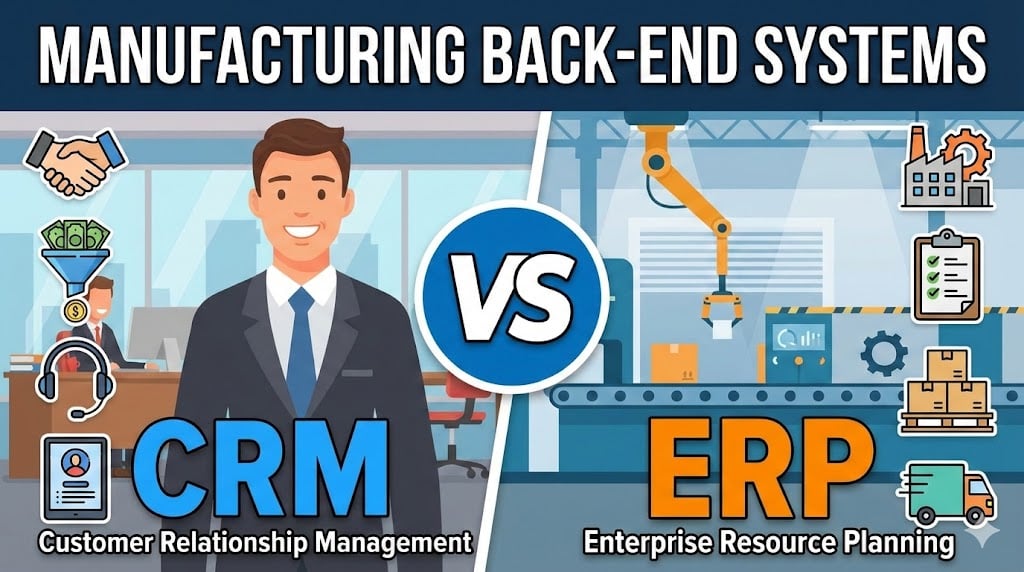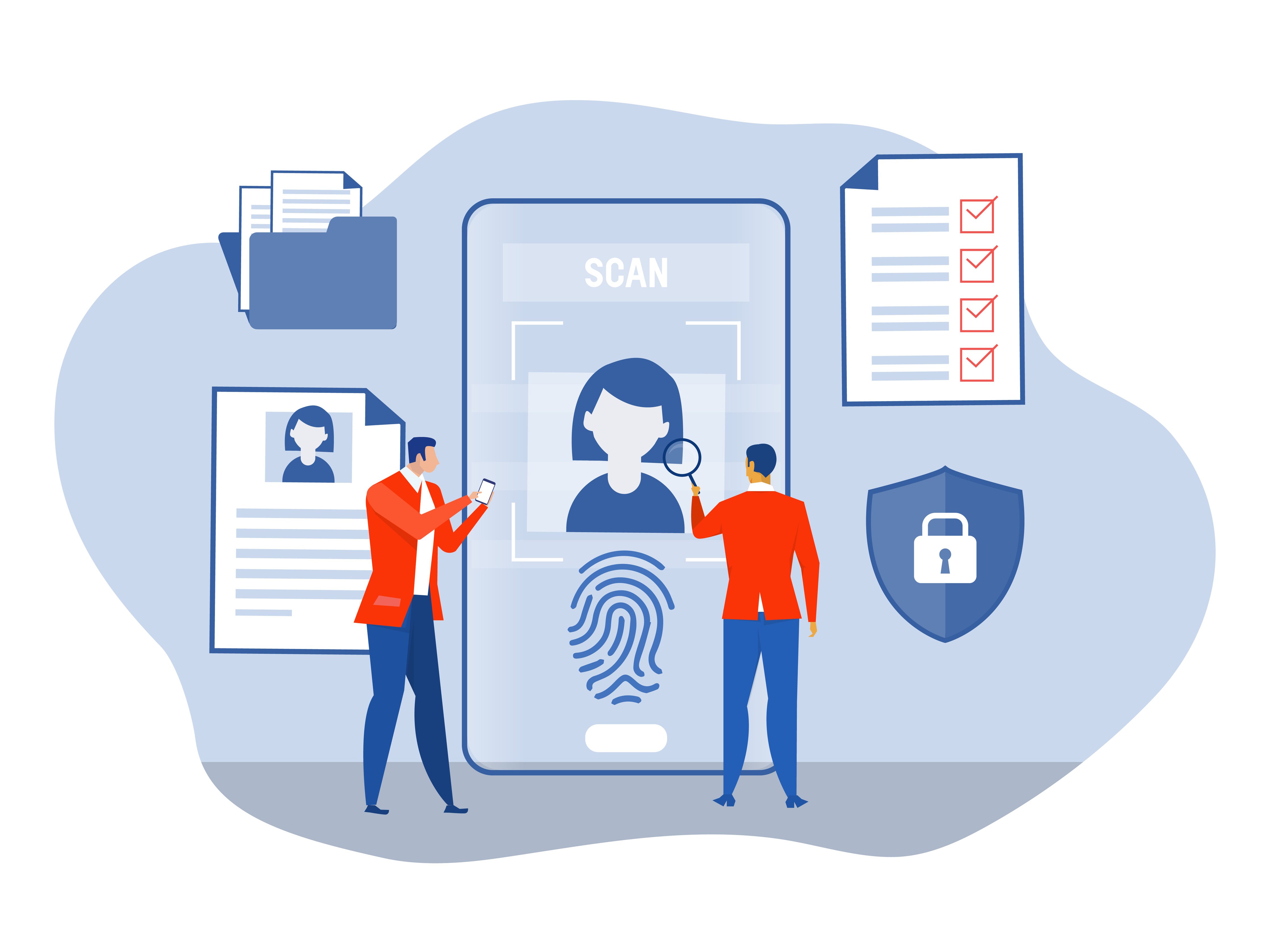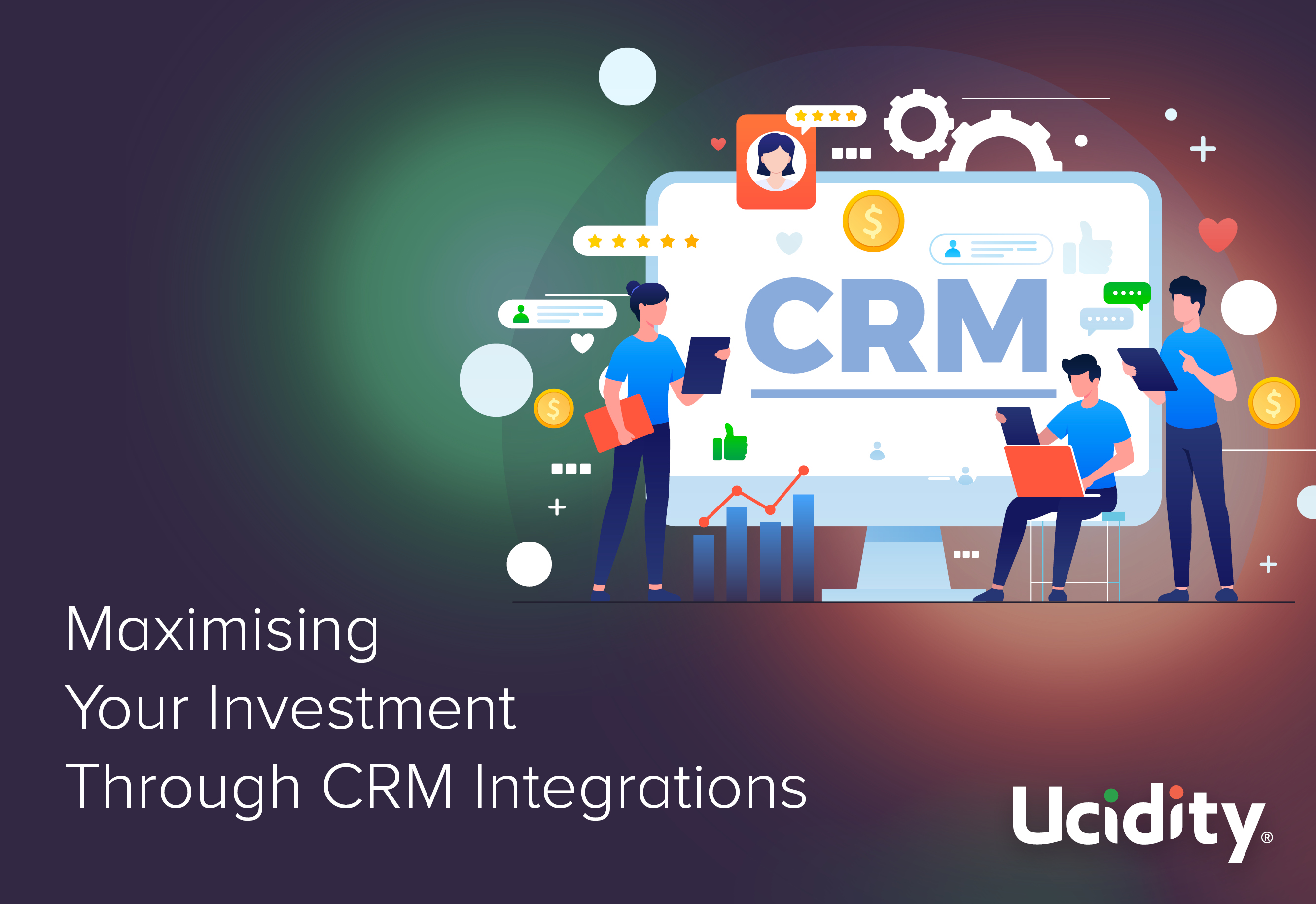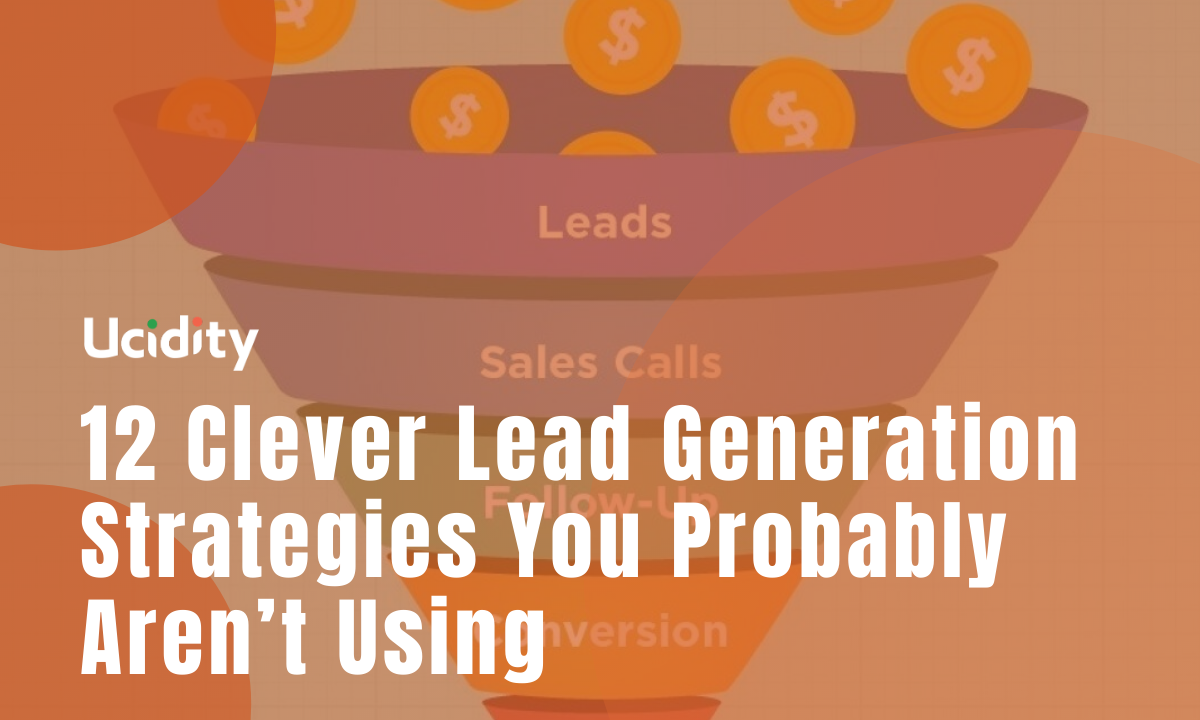
Content Marketing | 7 min read
By taking the time to identify your organisation's specific requirements, you can ensure that the CRM you choose will meet those needs and provide value to your business. For example, if your business relies heavily on lead generation, you'll want to choose a CRM that has robust lead management and nurturing capabilities.
On the other hand, if your business is more focused on customer support, you'll want to choose a CRM with strong customer service and ticketing features. By considering your business needs upfront, you can choose a CRM that aligns with your goals and helps you succeed.
Considering your business needs before choosing a CRM avoids unnecessary expenses. Some CRM systems can come at a hefty price, and if you choose one that aligns differently with your specific needs, you may end up paying for features you don't use. By taking the time to evaluate your business needs, you can identify the most critical features of your organisation and choose a CRM that offers those features at a price point that works for your budget. This way, you can get the most value for your investment and avoid overspending on unnecessary features.
Let’s discuss five of the most important things to consider when choosing a CRM so that you don’t end up flushing money down the drain.
Functionality
First, identify if you need a CRM or an ERP (Enterprise Resource Planning). This would, of course, depend on the size and need of the business.
You might want to consider some simple questions:
- What is your “wishlist”?
- What are some of the things that you wish your CRM had?
- What are your Low, Mid and High priorities?
- What functions are you willing to compromise?
- Just as what functions are urgent?
- Just as what functions are urgent?
For example, if your business aims to improve customer satisfaction and retention, a CRM can help you track customer interactions, analyse customer feedback, and identify opportunities to improve customer service.
Once you have identified your fundamental business needs, you can evaluate a CRM system's specific features and capabilities to determine which will best meet your needs. Some standard CRM functionalities include lead and opportunity management, sales forecasting, customer segmentation, marketing automation, and customer service management.
By selecting a CRM that aligns with your business objectives and provides the necessary functionalities, you can ensure that you can effectively manage your customer relationships and grow your business.
Your chosen CRM should meet your specific needs. One way to tie your business needs to a CRM's functionality is to identify your most important customer interactions and ensure the CRM can capture and track that data.
For example, if your business relies heavily on email marketing campaigns. In that case, you'll want to ensure that your chosen CRM has robust email marketing features, such as tracking email opens, clicks, and conversions. By choosing a CRM that aligns with your business needs, you can maximise its value and ensure it's a valuable asset for your organisation.

Usability
Almost anyone will use a tool or platform if it makes their lives easier at work, an automation tool or perhaps a tool that can help store and organise their contacts. In essence, look for a CRM with functions allowing users to use it to their advantage. If you invest in a CRM that doesn’t have the functions your sales team needs, they might just use their phone or, worse- a spreadsheet!
A CRM's usability can significantly impact its effectiveness in meeting your business needs. Allowing your team to work with a complex CRM or a CRM with a steep learning curve can result in lower productivity and less accurate data. Before choosing a CRM, it's a good idea to test it and evaluate its usability.
Is this something that your team can use? Will your team use it? Will it make work easier for them?
Look for a system that is intuitive and easy to navigate, with features and functions that are easy to access and use. This can help ensure that your team will use the system, leading to higher adoption rates and more accurate data.
Another reason to consider a CRM's usability is that it can impact your team's productivity. A CRM that is easy to use and navigate can help your team work more efficiently and effectively. They can quickly access the needed information, update customer data in real-time, and manage their workflows more efficiently.
On the other hand, a complex CRM can slow your team down, leading to frustration and lost productivity. By considering a CRM's usability before choosing a system, you can ensure that your team has the tools to work effectively and efficiently, leading to better customer experiences and higher overall productivity.
Why would you consider something to make your life easier?
Ease and Simplicity of Maintenance
Like a car or machinery, a CRM needs proper and regular maintenance for optimal function. Some of the things that need to be done are as follows:
- Changing screens (when a new client is added)
- Switching integrations on and off
- Removing fields that are unnecessary and no longer used
- Updating contacts
- Removing duplicates
Go for a CRM that allows you to make these changes independently. Making these changes on your own or by any of your team members makes it more cost-efficient because you won't need to ask a tech person to do the updates for you.
A CRM that is difficult to maintain may become outdated quickly, requiring significant updates or even a complete system overhaul and may require considerable resources to keep up-to-date, which can increase costs and reduce your return on investment.
By choosing a CRM that is easy to maintain, you can ensure that your system remains up-to-date and relevant, with the latest features and capabilities. This can help ensure that your team has the tools to work effectively and efficiently now and in the future.
When you go for a CRM that’s easy to keep up with and maintain, it can help ensure you get the most value from your investment, reduce your ongoing costs and ensure that your team has access to the latest features and capabilities without requiring significant additional investments in time or resources. This can help you maximise your investment in a CRM system and achieve greater success for your business.
Time and Cost of Implementation
Cost and time are two of the most important things to consider when choosing a CRM.
Is it within your budget? How long will it take to implement? How long or short is the learning curve?
Some CRMs can take weeks and days to implement, from set-up, migration, training testing and evaluation. While some require a few days, it is essential to include these factors when deciding. Remember that implementing a CRM requires a significant amount of participation from different people, potentially leading to increased costs.
Regarding cost and time, we recommend HubSpot because it takes a few days to get it going, plus a few more days spent on training and testing. A few other CRMs (which we will not mention) charge a considerable amount of money upon implementation, not to mention charging you again for updates, maintenance etc.,
Consider the upfront costs of the system, as well as ongoing maintenance and support costs. Additionally, consider the period required for implementation and training and the time your team will need to get up-to-speed with the system. By considering these factors, you can ensure that you choose a CRM that meets your business needs while staying within your budget.
A lengthy implementation process can result in significant downtime, reducing your team's ability to engage with customers and manage their workloads effectively. Additionally, a complex system may require substantial training time, further impacting productivity.
By selecting a CRM that can be implemented quickly and easily, you can minimise downtime and ensure that your team can quickly start using the system to improve customer experiences and drive productivity.

Stability and Support
Finally, an important thing to consider when choosing a CRM for your business is its stability and support system. This is the point where you could greatly rely on reviews and customer testimonials. It might also help if you schedule a demo with the CRM company so you can assess its professionalism by how it deals with its potential customers.
Some questions are:
- How long has it been in the CRM business?
- What/who are its clients?
- Do they have clients similar to your business?
- Do they have a robust knowledge base?
- Do they have an on-call support team that actually “supports”?
Additionally, an established CRM may have a more extensive user base, providing more opportunities for integration and support. By selecting a CRM that has been in the business for a long time, you can leverage the system's experience and expertise, helping to ensure that your team has access to a system that has been proven to deliver results for businesses like yours.
HubSpot has been in the business for a significant amount of time with a large client base, a responsive support system and a knowledge base full of blogs and helpful content.
Final thought:
Before considering the above items, you need to find out first if you need a CRM or ERP. Evaluate your business needs first, then if you genuinely need a CRM, result in the above consideration before making a decision. Contact Ucidity for CRM solutions that suit your business size and needs!
Getting over a bad experience is not easy, especially if it involves a large amount of money that went down the drain.
Work with us and allow us to give you a different experience. We are best at sales, lead generation, managed marketing services, and outbound calling.
We'd happily talk to you and help you trust marketing agencies again!
Published on March 07, 2023




.jpg)

